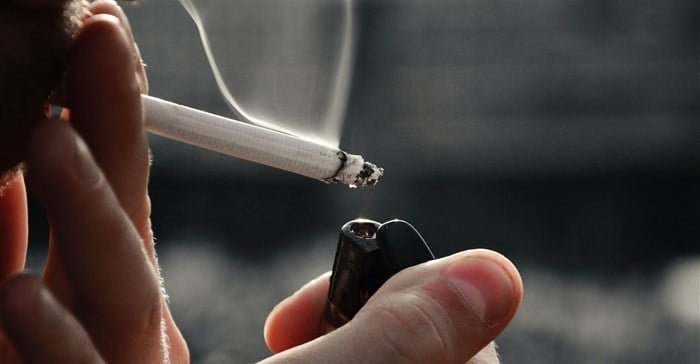
Top stories






LifestyleWhen to stop Googling and call the vet: Expert advice on pet allergies from dotsure.co.za
dotsure.co.za 2 days
More news























This is according to new study by the Transnational Alliance to Combat Illicit Trade (Tracit), titled Organized Crime, Corruption, and Illicit Trade: Spotlight on South Africa. The report was launched during the Business Unity South Africa (Busa) event 'Tackling South Africa’s illicit economy - A threat of national importance', which brought together distinguished representatives from both the government and the private sector to discuss the numerous challenges that the country faces in combating illicit trade across various sectors.
"It is critical that the South African government prioritises efforts to combat illicit trade and the underlying conditions that facilitate it. Left unaddressed, illicit trade and its associated criminal activities will continue to rob the government of essential tax revenue and deter investments in the country," said Tracit director of programmes Esteban Giudici.
In providing an update on longstanding structural challenges, the Tracit study underscores how recent inflationary pressures, high levels of unemployment, widespread corruption, sophisticated organised crime networks and lingering effects from the Covid-19 pandemic have turbo-charged the illicit economy.
“The Covid-19 pandemic provided wide opportunities for illicit traders to adjust and expand their operations during a time when government-imposed lockdowns, bans and other restrictions disrupted legal markets and created shortages,” said Tracit director-general Jeffrey Hardy. “For South Africa to restart and grow its economy, it must formulate policies and implement programs that deter and preclude illicit traders from consolidating roots in the post-pandemic economy.”
Commenting on the findings, tobacco company Philip Morris South Africa (PMSA) stated that while illicit trade is not a problem unique to South Africa, the Tracit report demonstrates that criminal networks have gained a foothold in the market and the impact will take years to reverse.
“Illicit trade harms everyone except criminals. Harm to consumers in terms of products, harm to society overall as illicit tobacco is used to fund other much more serious criminal activity like human trafficking and terrorism. If South Africa’s illicit trade is managed and dealt with in a swift, appropriate and necessary actions it will mean that our increased monitoring from the Financial Action Task Force (FATF) will be seen in a more favourable light and could eventually see South Africa move off they grey list,” the company said.
“The problem of illicit trade has been compounded in recent years owing to severely restrictive regulations. While South Africa’s leadership have taken steps to tackle illicit trade which was exacerbated by the ban on the sale of tobacco products during the lockdown, there still isn’t a strategic framework with clear leadership or enforcement,” it added.
To encourage an effective policy response to illicit trade, the Tracit report calls for strengthening interagency and inter-departmental cooperation between South African law enforcement agencies; strengthening criminal penalties; appointing an Interagency Anti-Illicit Trade Coordinator; ramping up implementation of enforcement measures; and increasing transparency and cooperation between the public and private sector to improve enforcement actions.
PMSA echoed the call for further cooperation, stating that more partnership, engagement, and an effective policy response needs to take place.
“Policymakers must ensure new regulatory measures do not create unintended consequences or incentivise consumers to choose illicit alternatives to available, legitimate products," the tobacco company noted.
PMSA said that excessive cigarette tax increases or tobacco bans create a "free for all" for illicit and criminal organisations.
“The practice of excessive cigarette tax increases defeats the goal of harm reduction. Adult smokers who don’t quit will seek cheap illicit cigarettes rather than switching to less harmful products such as scientifically substantiated e-cigarettes or heated tobacco products.”
PMSA argued that a risk proportionate tax approach should be adopted, where less harmful products are taxed at lower rates than cigarettes, to ensure that there are better options for adult smokers who continue to smoke cigarettes. "It is important to tighten up cooperation between enforcement authorities, which will enable identifying equipment, packaging and raw material suppliers to cut off illicit trade at the source,” PMSA said.
“The report highlights valuable lessons, showing that crisis-driven regulations, however well-meaning, can have unintended and long-lasting negative impacts on driving illicit trade, the economy and society,” it concluded.